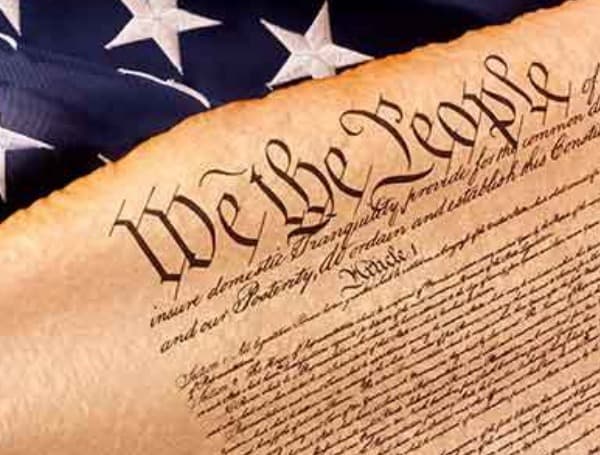The United States is often referred to as a democracy, but it is more accurately described as a constitutional federal republic with democratic elements. This dual nature of the government system is a source of both strength and debate, as it combines features of both republics and democracies.
A republic is a form of government where power resides in elected officials who represent the citizens.
In the U.S., this is seen in the President, Congress, and various state and local officials who are chosen by the people through elections. These representatives are responsible for making decisions on behalf of their constituents.
However, the U.S. also incorporates democratic principles, where citizens have the power to influence government decisions directly.
This is most evident in the regular elections held at all levels of government, allowing citizens to choose their leaders and hold them accountable. Additionally, citizens can participate in initiatives, referendums, and public hearings, giving them a voice in shaping policies and laws.
The constitutional framework of the United States provides a balance between these republican and democratic aspects.
The Constitution establishes the government’s structure, defines each branch’s powers, and protects individual rights, ensuring that neither the representatives nor the majority can overstep their boundaries.
This unique blend of republicanism and democracy has been a source of ongoing discussion and debate throughout American history. Some argue that the U.S. leans more towards a republic, emphasizing the importance of elected officials and the rule of law.
Others contend that democratic principles are paramount, highlighting the need for greater citizen participation and direct influence on government decisions.
Read: James Carville Melts Down Over ‘Giant Fools’ Calling America ‘Republic’ Rather Than ‘Democracy
Regardless of the interpretation, it is clear that the United States government incorporates elements of both republics and democracies, creating a complex and dynamic system that has evolved over time. This dual nature is a testament to the founders’ vision of a government that balances the need for representation with the desire for citizen participation.
Key characteristics of a Republic include:
- Sovereignty of the people: The ultimate authority rests with the citizens, who exercise their power through voting and other forms of political participation.
- Elected representatives: Citizens elect officials to represent them in government and make decisions on their behalf.
- Rule of law: The government operates according to established laws and principles, rather than arbitrary decisions of rulers.
- Separation of powers: Power is typically divided among different branches of government (e.g., legislative, executive, and judicial) to prevent any one branch from becoming too powerful.
- Protection of individual rights: Republics often have a constitution or other legal framework that guarantees certain fundamental rights and freedoms to citizens.
Key characteristics of a Democracy include:
- Popular Sovereignty: The people hold the ultimate power and authority in a democracy. This means that the government derives its power from the consent of the governed.
- Majority Rule and Minority Rights: Decisions are made by majority rule, but the rights of minorities are protected. This ensures that the government represents the will of the majority while safeguarding the rights of individuals and groups who hold different views.
- Political Equality: All citizens have equal political rights, regardless of their race, gender, religion, or socioeconomic status. This includes the right to vote, run for office, and participate in the political process.
- Political Freedoms: Citizens have the freedom to express their opinions, assemble peacefully, and associate with others who share their views. These freedoms are essential for a healthy democracy.
- Rule of Law: The government and its officials are subject to the law and must act within its bounds. This ensures that everyone is treated equally and that power is not abused.
- Free and Fair Elections: Elections are held regularly and are conducted in a way that is free from fraud and coercion. This allows citizens to choose their leaders and hold them accountable.
- Independent Judiciary: The judiciary is independent of the other branches of government and is responsible for interpreting and applying the law fairly. This protects individual rights and ensures that the government acts within its constitutional limits.
- Pluralism and Tolerance: A democracy values diversity and encourages the participation of different groups in the political process. This ensures that a wide range of views are represented and that decisions are made in the best interests of the entire community.
- Transparency and Accountability: The government is open and transparent in its actions, and officials are held accountable for their decisions. This allows citizens to monitor the government’s performance and hold it responsible for its actions.
- Citizen Participation: Citizens are encouraged to participate in the political process through voting, running for office, joining political parties, and engaging in other forms of civic engagement. This ensures that the government is responsive to the needs and concerns of the people.
As the country continues to face new challenges and evolve, the debate over the balance between republicanism and democracy will likely continue, shaping the future of American governance and the role of citizens in the political process.
Help support the Tampa Free Press by making any small donation by clicking here.
Android Users, Click To Download The Tampa Free Press App And Never Miss A Story. Follow Us On Facebook and Twitter. Sign up for our free newsletter.

